Dr Bhagaban Jayasingh
It was sometime in July, 1971. After a tiring and arduous journey, for over 35 hours by train, I arrived in Delhi. It was my first journey to the capital city. The sun had not set yet, but glowed in all its majesty of orange and gold, spreading its hues all over the city.
I was a complete stranger to the city with no acquaintance whom I could call my own. I had a small rexine suitcase that contained only a pair of dresses, a set of lungi and towel, a few books, besides a box of candies. Those days I loved candies a lot.

I took an auto-rickshaw from the station and headed towards North Avenue which housed spacious flats of Members of Parliament. I carried a small letter from our village postmaster, a political associate of then Bhubaneswar MP, Chintamani Panigrahi. He had requested Mr. Panigrahi to allow me some days’ accommodation in his flat.
I was there in Delhi in connection with my admission to Delhi University.
To my surprise and shock, Mr Panigrahi’s flat was locked when I reached there. So, I decided to approach Surendra Mohanty, then MP from Kendrapara and a writer of great eminence, who stayed in South Avenue.
I took the same auto to cross the Rashtrapati Bhawan to reach his place. I had never met Mr Mohanty nor did he see me before. I thought he must be knowing me since I was a regular contributor to Sunday Magazine of the Kalinga, a newspaper which he edited himself from Cuttack.
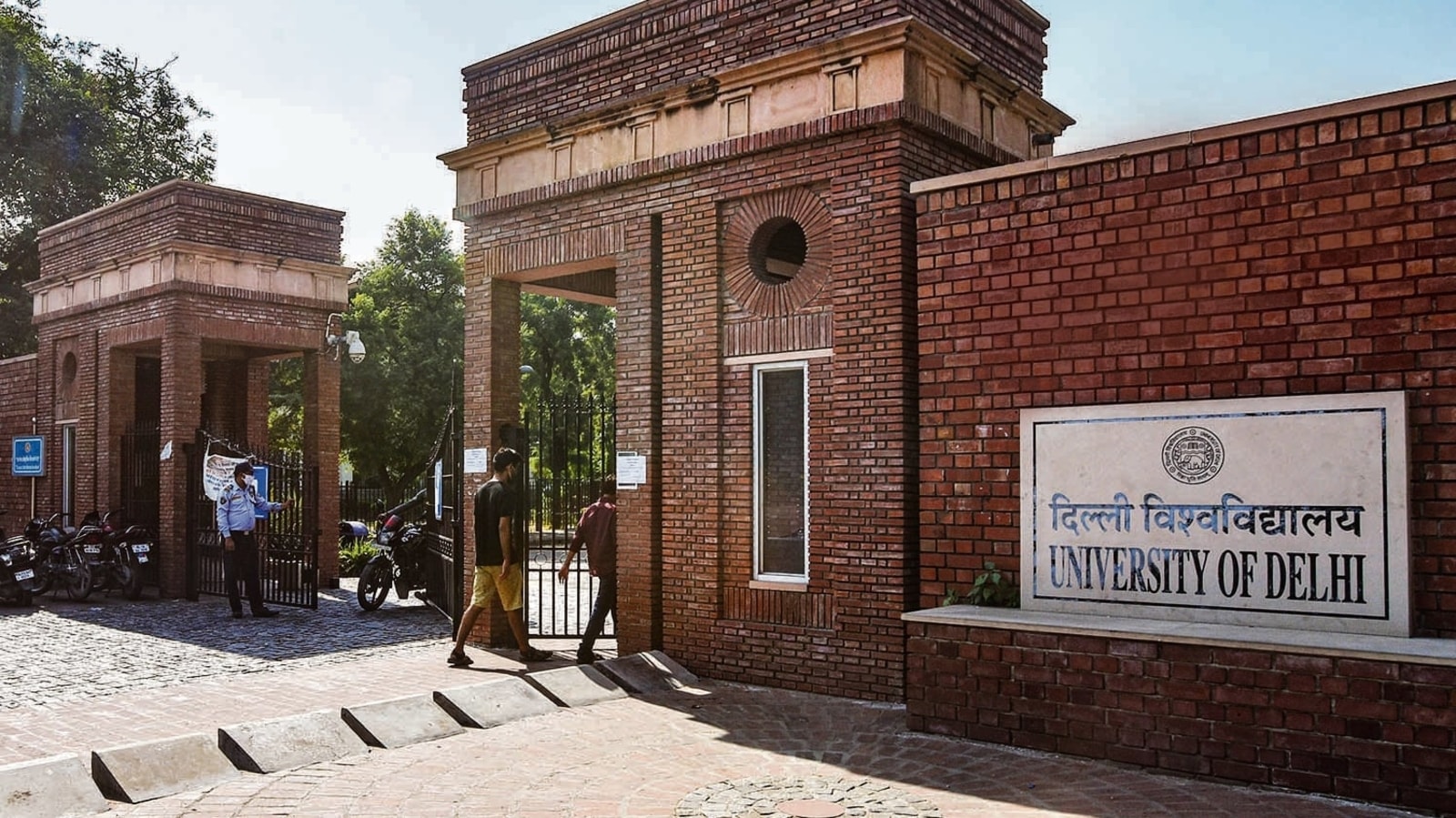
Mr Mohanty seemed happy to see me. He asked me to fresh up and then eat my dinner at the MP Canteen, a few steps away from his flat.
Evening had already set in. As I stepped out it was all dark, with no lights in and around the colony, not even on the streets. The blue sky looked magnificent dotted with countless small stars.
I was given to understand that some experimental blackouts were carried out by the Delhi government to face the imminent war with Pakistan. The effort was to minimize outdoor lights to prevent the enemy aircraft from identifying their targets by sight.
I was completely knocked up by travelling such a long distance from Bhubaneswar to Delhi. Bereft of rest and sleep, I went to bed at the earliest opportunity. I was in a deep sleep when loud knocks woke me up from bed. Half asleep, I jerked the door open to see his personal assistant standing in front of me.
“Sir wants to meet you now, please come.”
I looked at the watch, it was half past 1. I could not understand how on earth a man should meet one at such an odd hour of the night.

Mr Mohanty was seated in his inner room in a gutted chair and with a couple of plates, besides a small pile of chicken bones lying on the wooden teapoy. As he saw me, he beckoned me to sit in a chair right in front of him and ordered his assistant to clean up the teapoy. It seemed Mr Mohanty had just finished his dinner.
Mr Mohanty looked serious and grim, his face reflecting some inner schism disturbing him immensely. Some 5 minutes passed without the exchange of a single word. I was waiting anxiously for him to speak.
Then breaking his silence, Mr Mohanty began,
“Bhagaban, is it possible that a writer at some point or the other cannot write anything in spite of his best efforts?”
“Sir, it’s possible,” I answered without a second thought.
“How?” he quipped inquisitively.
I quoted GM Hopkins, one of my favourite English poets, to prove my point. I explained how in a poem, “Thou art indeed Just Lord,” Hopkins felt desperate when he could not “build like a bird,” to create something new. Therefore he made a prayer to God, “the lord of life, to send my roots rain.” In other words, he prayed to God to make the dry “roots” of his creative power come back to life with the rain water of divine grace.
Mr Mohanty was visibly impressed and then asked me to go back to my room and sleep.
I spent the rest of the night with a great feeling that I could at least interact with Surendra Mohanty, a legend of our time, a writer of supreme creative acumen, intellectual strength and vision.

(Dr. Bhagaban Jayasingh is an eminent bilingual writer. He is also an Academician by profession with long experience, currently working as Dean, School of Communication ASBM University, Bhubaneswar).
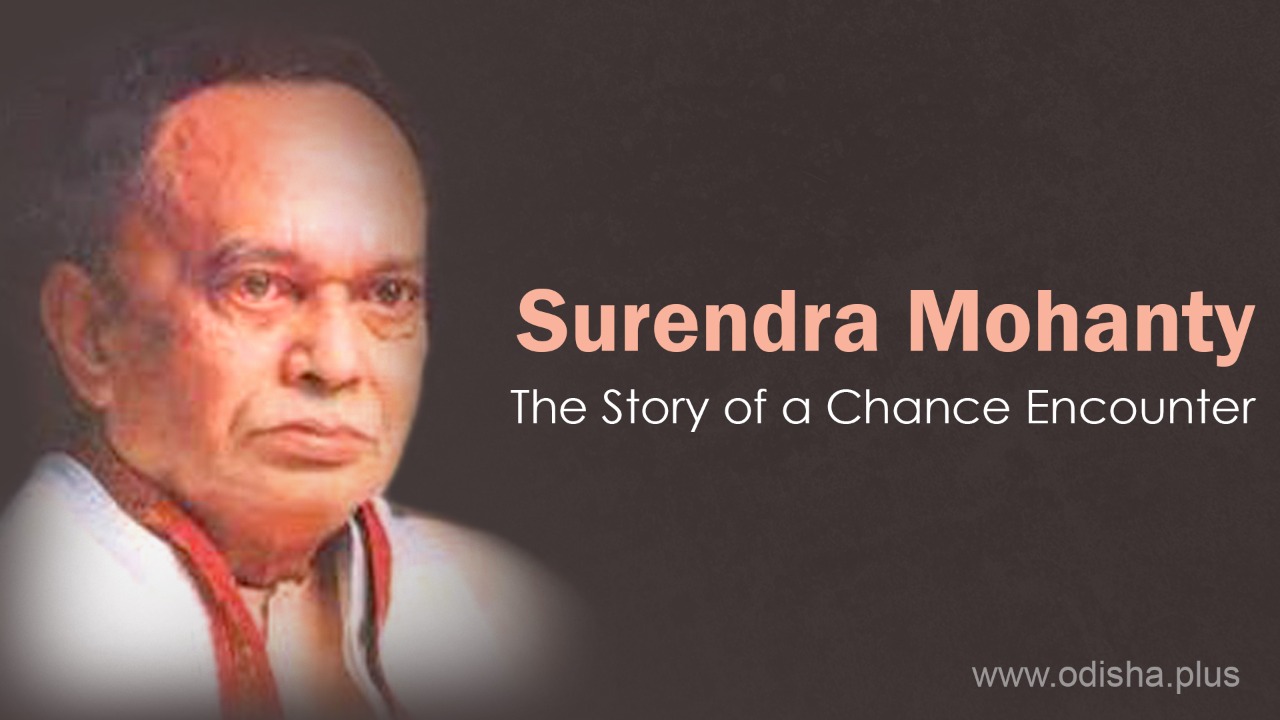









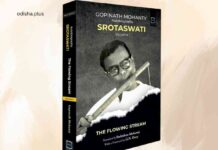

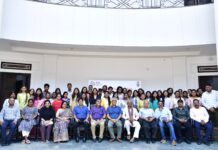
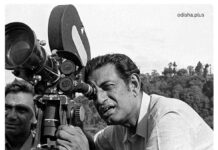





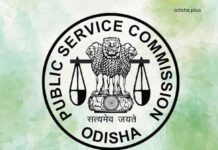

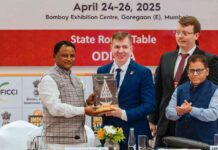




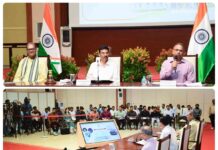


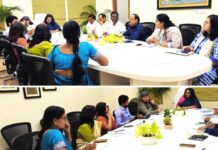
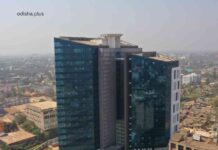
A memorable moment with a legendary figure described in a most lucid manner. Kudos.